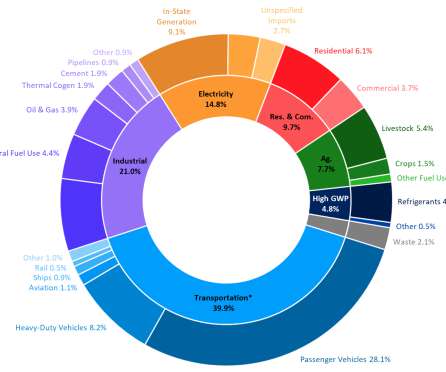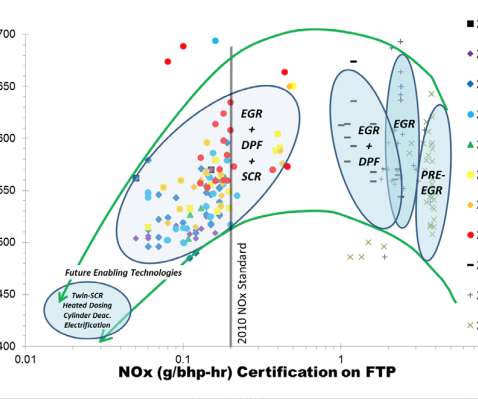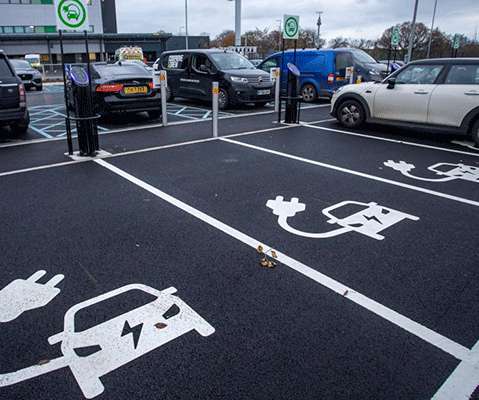Japan, China researchers develop plasma-assisted MnO2 filter that produces zero-NO2, -SO2 diesel exhaust
Green Car Congress
MARCH 8, 2019
This research, published in the journal Separation and Purification Technology , shows that ozone can be used to remove not only SO x but also NO x from fossil fuel combustion exhaust streams. In this study, to improve absorption performance of SO 2 and NO 2 , we added ozone in exhaust gas. Osaka et al. 2018.12.077.









































Let's personalize your content